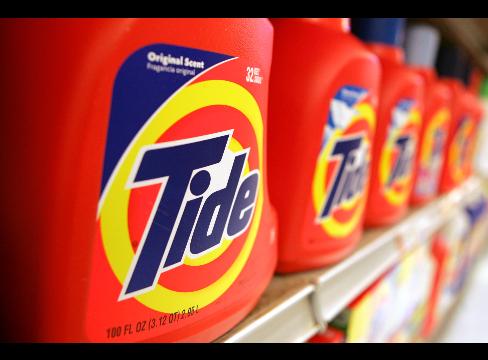 | There’s a criticism of capitalism that goes something like this: “Yes, it’s true that economics shows free markets allocate resources in a way that optimizes happiness. But that argument assumes that people behave rationally and we know they’re don’t, either because that’s not in their nature or because they’ve been taken in by slick advertising.” |
This criticism persists even though 1) the actual assumption used by economists is that people on average behave rationally, and 2) While neo-classical economics relies on the rationality assumption, Austrian economics comes to the same conclusion without it.
The most famous exposition of this criticism is John Kenneth Galbraith’s The Affluent Society, but I heard a more prosaic version on the radio recently (I think it was NPR). A pundit was explaining that consumers behave irrationally by paying a premium price for Tide detergent because they think it gets clothes cleaner. He claimed they have no reason to think this.
I thought about that. I pay a premium price Tide detergent because I think it gets clothes cleaner. Maybe it doesn’t.
I did some research and found that Consumer Reports tested all the leading brands of detergent on various types of stains (mud, wine, grass). They published their findings in the July 2009 issue. The detergent with the most cleaning power: Tide.
Obviously I’m more rational than I thought.

Does that July 2009 report assume that the same amount of each detergent is used? What if you use more for the non-Tide brand? With the mark-up on Tide, you would still save money if you used twice as much of other detergents...
ReplyDeleteThere's some out of the box thinking! However, using more detergent than directed on the package is not recommended, due to soap residue left in the clothes, need for extra rinses, etc. I don't recall if I saw that in the Consumer Reports article or some other source.
ReplyDelete